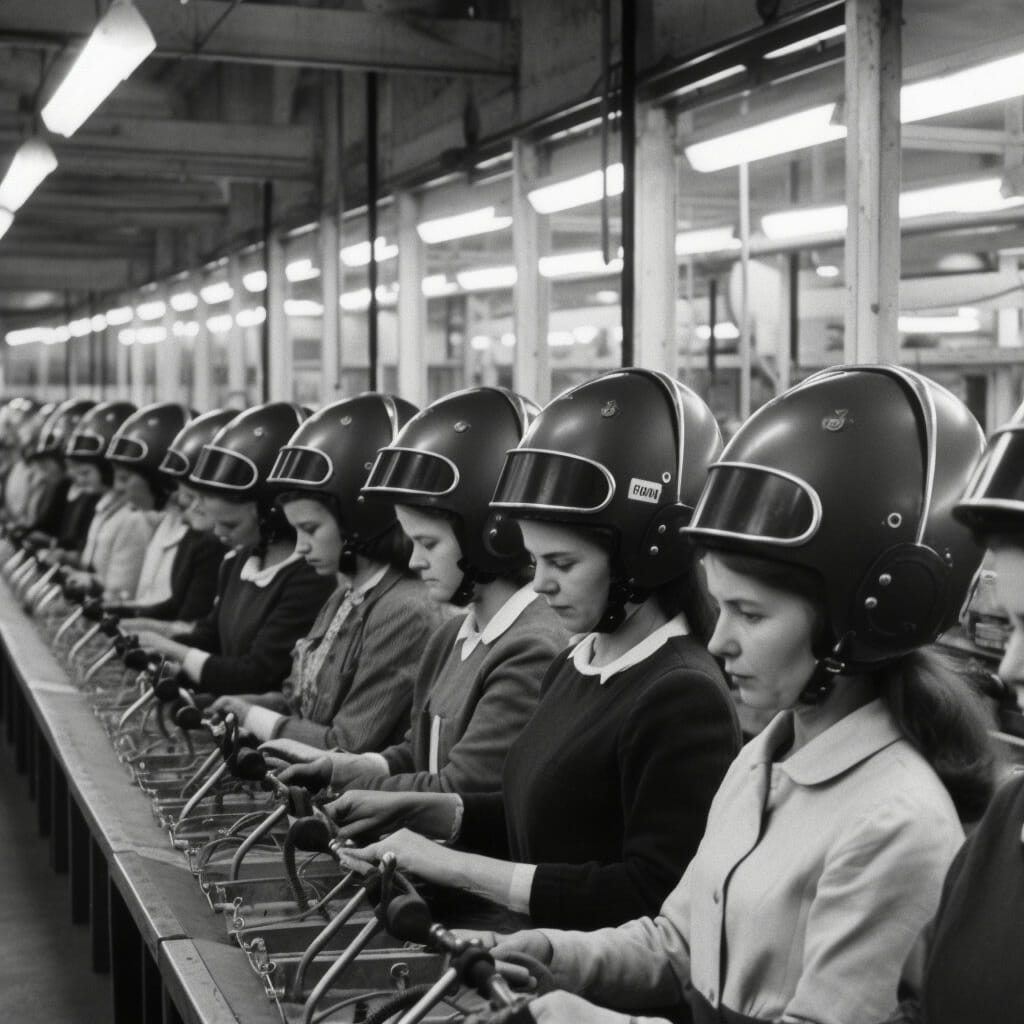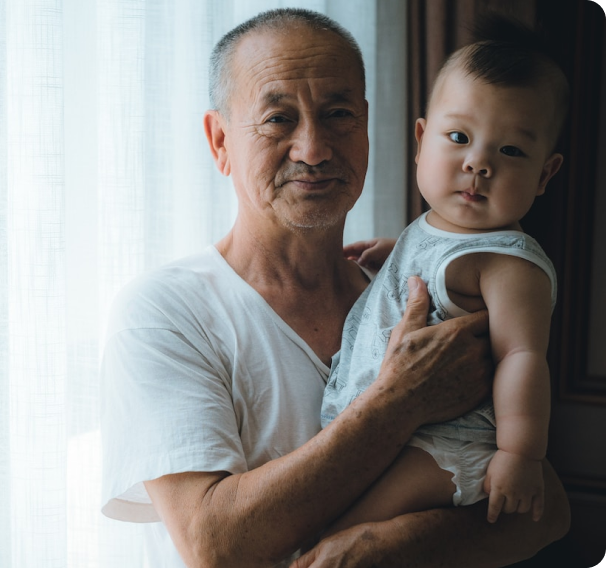Your cart is currently empty!

Why can’t everybody just be more like me?
I recently just finally got to watching the Galaxy of the Guardian series with my daughters. And one of them asks why the character Ego wants to destroy everything and make plans after himself. As parents, we often have to answer difficult questions on the spot. I said, “Haven’t we all gone through moments where we think–if everyone in the world were more like me, life would be so much easier?”
In psychological terms, this is called the theory of mind and refers to the ability to acknowledge different perspectives and know that your mindset might not be shared by those around you—and doesn’t need to be. Theory of mind is an innate potential ability people may reach, to different effectiveness, over time by observing others and testing out their social assumptions. This is a situation where variety IS really the spice of life, and exposure to different perspectives improves our personal and professional relationships.
I often recount earlier in my career in management when I suddenly realized I had hired a room full of people with my exact personality, zodiac, and even age range. And as human beings, we all gravitate toward those who are similar to us. In our increasingly digital lives, it’s even easier to spiral into tunnel visions of pre-selected tribes–in fact, most advertisers and companies urge you to do so. (i.e. You only have to show an interest in UFO conspiracy theory once before your social feeds start to flood with UFO sightings left and right. And after a while, if you’re not careful, all your digital friends are also UFO-ers).
Harvard Business Review has published a number of articles recently on the benefits of different perspectives and international working experiences. While we may not all have the privilege of an international career or being a third culture kid, there are many ways to step outside of our comfort zones, including virtual volunteering. curaJOY, a nonprofit for family emotional wellness that I’m leading, attracts a staggering number of qualified volunteers worldwide for that exact reason. People are looking for a cause bigger than themselves and looking to interact with people from the other side of the world.
Discomforts, disagreements, and disappointments give us invaluable perspectives that act as balancing forces to bolster our social emotional skills and critical thinking for achieving our best in this world still ruled by old-fashion human relationships. So embrace them.
Responses to “Why can’t everybody just be more like me?”
3FXuP0CSXcd
gY5H2PuH2in
WIQKx3UtofM
n1COA1skxb1
9YlJDBJrtAU
Your article helped me a lot, is there any more related content? Thanks!
Your point of view caught my eye and was very interesting. Thanks. I have a question for you.
Wow, you unintentionally surrounded people with even the same zodiac as you? That’s impressive! I’ve always noticed that people tend to surround themselves with people who are similar to them, but I’ve never seen it to this extent!
Touched by what you read? Join the conversation!
-

Intrinsic vs. Extrinsic Rewards
“If I use rewards to motivate my child, how will they develop their own drive?” This is a great question from one of our software developers in Canada. Around the world, there are so many different beliefs and attitudes about motivation, where it should come from, and what it should look like. Some psychologists claim…
-

Your first followers and biggest fans
Several friends around me vow never to have kids because they know how much bad parenting can hurt from personal experience and don’t want to wield the power of “ruining my kids’ lives.” I see parenthood as the easiest way to experience unconditional love and a second chance at healing wounds from your childhood. How…
-

Addicted to Achievements
Growing up as a high-achieving Asian, much of my confidence came from the accolades, and the praise my parents, teachers, and peers gave me for coming in first in the class, competition, etc. Before I realized it, my identity and self-esteem were tied to my accomplishments. My very well-intentioned mom pushed me to not only…





Leave a Reply